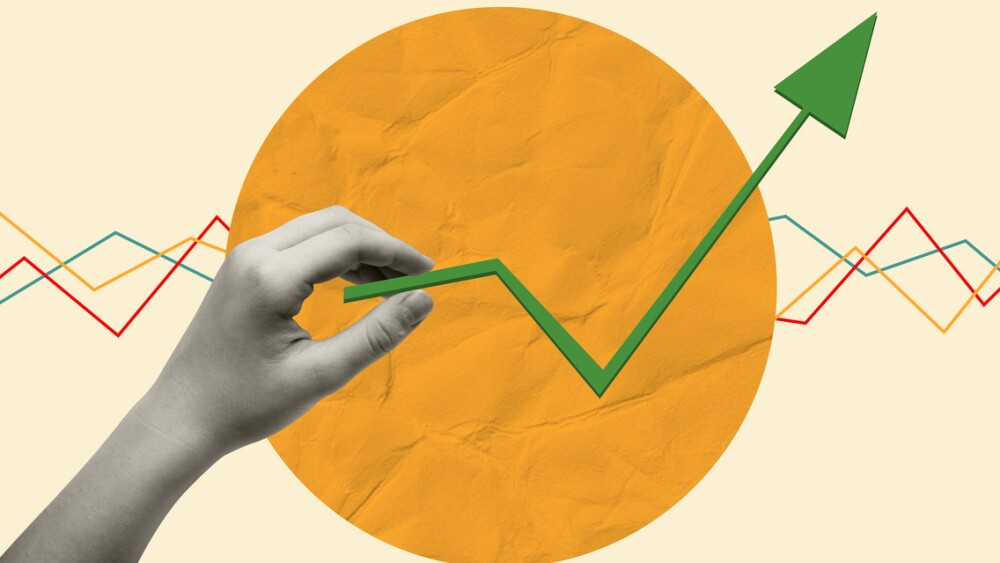The Gates Foundation and the Wellcome Trust are contributing up to $50 million each, with the Mastercard Impact Fund offering up to $25 million for initial projects.
Three major charities have pledged up to $125 million to accelerate development of treatment for the coronavirus outbreak that causes COVID-19. The charities are The Bill & Melinda Gates Foundation, the UK’s Wellcome Trust, and the Mastercard Impact Fund. The Gates Foundation and the Wellcome Trust are contributing up to $50 million each, with the Mastercard Impact Fund offering up to $25 million for initial projects.
The Gates Foundation’s contribution is part of a $100 million commitment to the COVID-19 response that it announced in February 2020.
The initiative is called the COVID-19 Therapeutics Accelerator. There is an understanding that the funding isn’t enough to develop any one drug, but it could jumpstart the process.
“You need some entity that can work between the private sector … and the public sector, both the governments and the World Health Organization, and is able to move fairly agilely between those entities,” said Trevor Mundel, president of the Gates Foundation.
He went on to indicate that this was the gap they felt needed to be filled if there were going to be new antiviral drugs or monoclonal antibodies available in the next 12 to 18 months.
One of the first goals of the initiative is to test experimental antiviral drugs that have already moved through preclinical testing and may already have been tested in early human trials. It will have access to experimental compounds from Johnson & Johnson, Calibr, the drug research division of the Scripps Institute, and other biopharma companies. There are potentially 20,000 to 30,000 compounds to test. The screening is likely to be performed by the Rega Institute in Belgium, and there is an expectation that the screening could be conducted in five to six weeks.
The funds may potentially be used in other ways, such as to scale up manufacturing, although the amount set aside would barely cover that for one drug. The project is modeled similarly to the Coalition for Epidemic Preparedness Initiatives, a project also backed by The Bill and Melinda Gates Foundation.
At the moment, although there are several experimental vaccines being tested, actually having a vaccine into widely available production would take 12 to 18 months on most realistic timelines. Gilead Sciences is probably furthest along in testing an experimental antiviral against the coronavirus. Gilead’s trials will evaluate two dosing durations of the drug, which is given intravenously. The randomized, open-label, multicenter studies will enroll about 1,000 patients mostly in Asia, as well as in countries that have had high numbers of diagnosed cases. The trials are planned to start in March.
These trials are on top of two clinical trials in China’s Hubei province led by the China-Japan Friendship Hospital and a recently launched trial in the U.S. led by the NIAID. Gilead donated the drug and provided scientific expertise for those trials. The China trial data is expected in April.
“Viruses like COVID-19 spread rapidly, but the development of vaccines and treatments to stop them moves slowly,” said Mark Suzman, chief executive officer of the Gates Foundation. “If we want to make the world safe from outbreaks like COVID-19, particularly for those most vulnerable, then we need to find a way to make research and development move faster. That requires governments, private enterprise, and philanthropic organizations to act quickly to fund research and development.”





